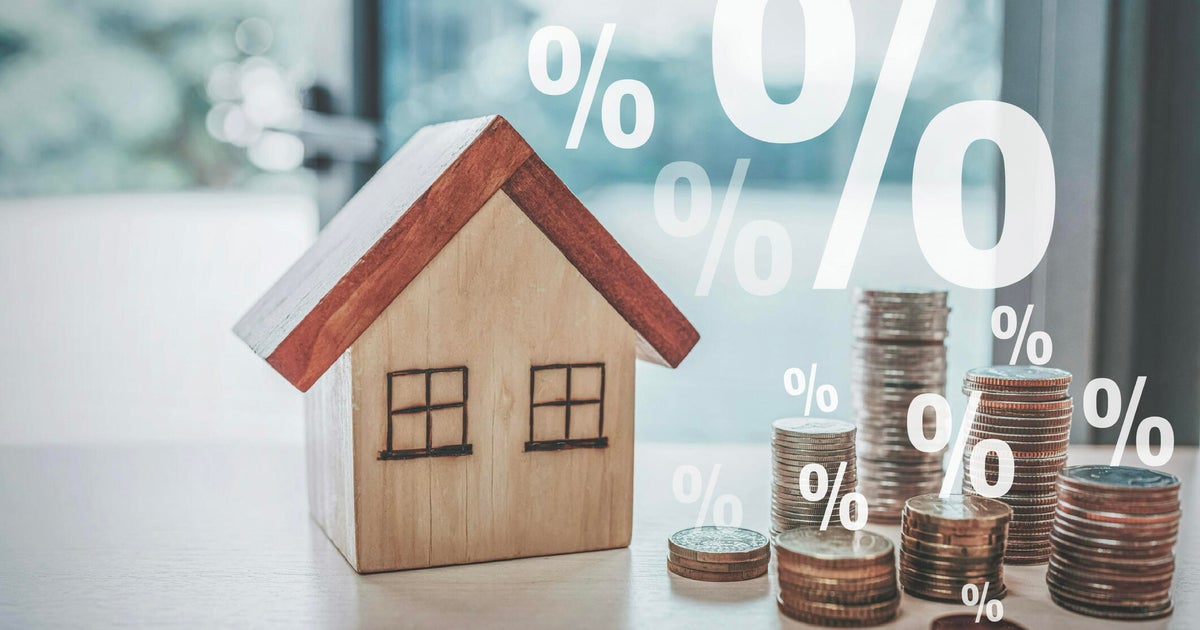Should you borrow from home equity during retirement? What experts say
Over the last few years, home equity levels have increased significantly, due, in large part, to a swift uptick in home prices that started during the pandemic. For example, home prices increased by about 33% from the first quarter of 2020 to the first quarter of 2024, climbing from an average of $383,000 in Q1 2020 to an average of $513,100 in Q1 2024.
And, there's a chance that home equity levels could increase even more this year, some experts say, as home prices could continue to rise in 2024. That's because the supply of for-sale homes remains low right now but demand remains high. That, in turn, could push home values up further, leading to an uptick in home equity for many current homeowners.
But even if home equity levels don't increase much this year, the average homeowner still has almost $300,000 in home equity currently. And, the idea of tapping into that equity can be enticing, particularly for those who need access to funds during retirement. But should you borrow from home equity during retirement?
Learn more about the home equity borrowing options available to you here.
Should you borrow from home equity during retirement? What experts say
Here's what experts have to say about whether you should borrow from your home during retirement:
Consider downsizing before borrowing
If you have to borrow money, you may want to look into other options first. For example, Kirsten Nelms, CFA, CFP, Principal & Associate Portfolio Manager at Leith Wheeler Investment Counsel in Canada, says selling your home might be an option worth considering before tapping into your home's equity.
"This option eliminates high maintenance costs, mortgage payments and property taxes," Nelms says. "This solution is ideal for those looking to shed the responsibility of single family home ownership, those whose home is no longer suitable for them, or those who are wary of leverage."
While selling a home and moving can be a big task, you can reap the financial rewards after selling your home.
"The proceeds of your home sale can be invested in a stock and bond portfolio and scheduled withdrawals can be sent to your bank account that emulate your pre-retirement paychecks," Nelms says.
Compare the home equity loan rates you could qualify for online now.
Review your cash on hand
More than 54% of families have some sort of retirement account as of 2022, according to the Fed. But not every retiree has as much saved for retirement as they should if they want to retire comfortably.
"For retirees without much cash cushion, it can make sense to use debt to make sure their only emergency fund is not depleted," Stephen Kates, CFP and principal financial analyst at Annuity.org, says. "In this scenario, it is important to have enough regular cash flow to cover the payments on the debt."
But this route might be problematic if you don't have the money to cover your other needs or debt.
"For someone with limited income or other debts, using home equity could be trouble if the debt load becomes unmanageable or it places them at risk of using their home as collateral," Kates says. "In emergency situations and for modest amounts, non-collateralized loans such as credit cards or personal loans may be better since they do not place the home at risk."
Keep in mind that APRs for credit cards and personal loans are typically much higher than home equity loans and home equity lines of credit (HELOCs), Kates says. So while credit cards and personal loans are unsecured, you could end up paying a lot more in interest than you would with a home equity product.
Which home equity borrowing option makes sense in retirement?
One retirement-friendly way to borrow money is through a reverse mortgage. This type of home equity borrowing product is only available to homeowners ages 62 years and older. With this option, you borrow money from a lender, but you don't make monthly payments on the loan. What you borrowed gets repaid when you move out of the home or die. And, interest and fees get added to the balance every month, so the amount you owe grows over time.
"A reverse mortgage is a great way to stay in your home while accessing the equity," Rebecca Awram, a mortgage advisor at Seniors Lending Centre in Canada, says. "The best part is you do not have to make any monthly payments, and you will never owe the lender more than the value of your home."
Keep in mind that going this route can impact the inheritance you leave behind. In turn, reverse mortgages might not work for some retirees.
"This could drain the equity of your home," Lindsey Harn, a realtor at Christie's International Real Estate, says. "So if you have family members you have promised an inheritance to, a reverse mortgage [means] the home will need to be sold or paid off in a short time frame after your debt."
Instead, you may want to consider a HELOC as an alternative. Home equity loans and HELOCs are similar in that both allow you to tap into the equity you own in your home. The difference is that rather than a lump-sum loan, HELOCs are a revolving line of credit with a variable interest rate.
"An equity line could be a good way to obtain a credit line, you have access to on a rainy day, without draining the equity now," Harn says.
The bottom line
Borrowing money from your home equity (or otherwise) means taking on additional debt during retirement, which might be burdensome for those on a limited or fixed income. But if you need the money, borrowing from your home equity during retirement might be beneficial. You should still consider other ways to fund your retirement before borrowing, though.
"Using debt of any kind in retirement should be done carefully and after considering all available options," Kates says. "Speaking with a financial professional, debt counselor, or other trusted advisor" is a good idea.




